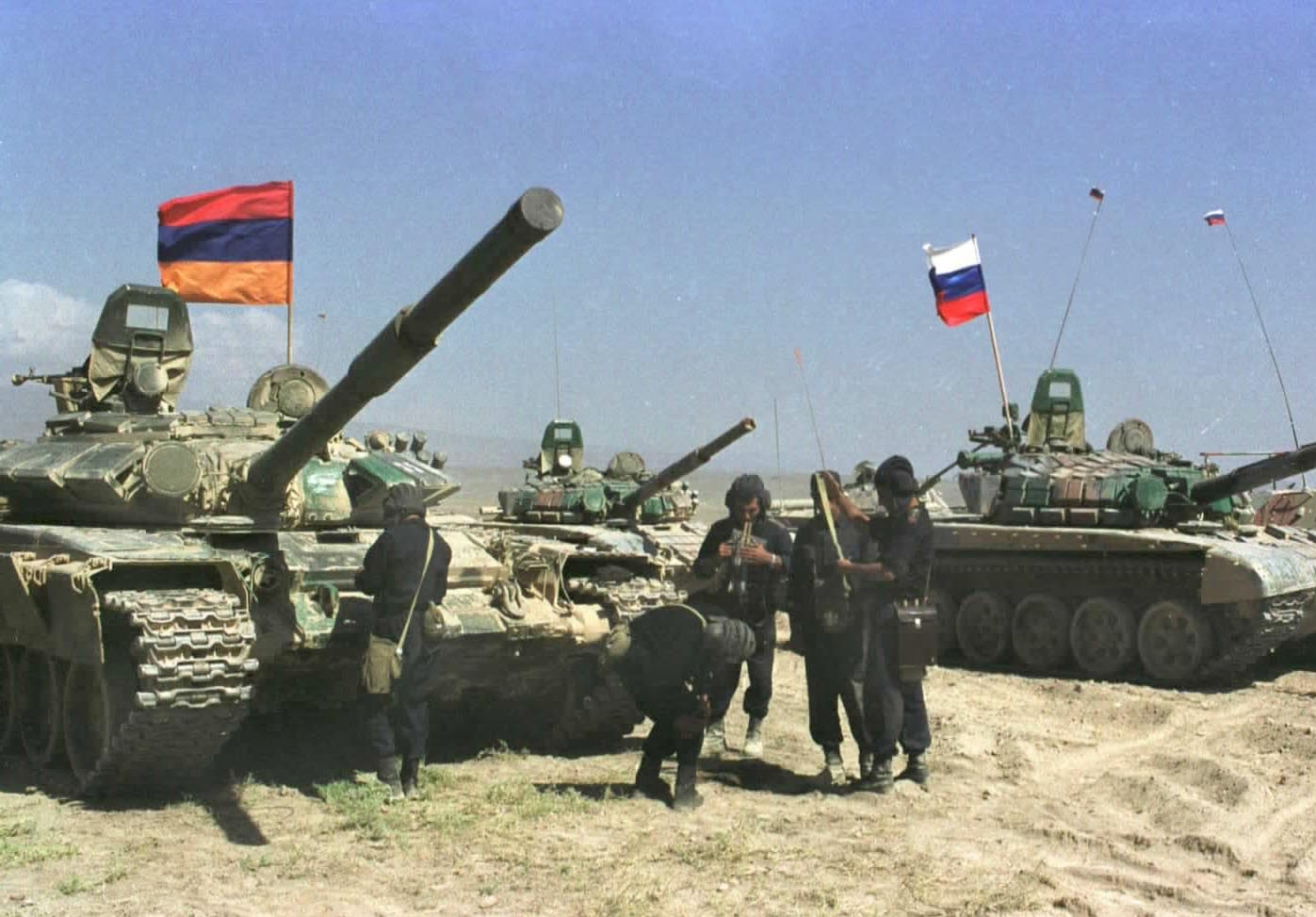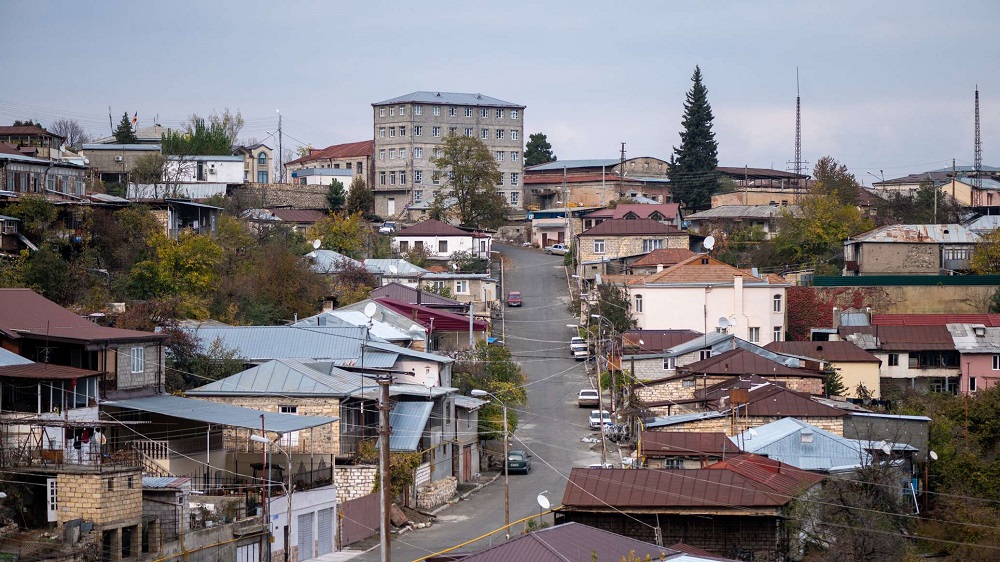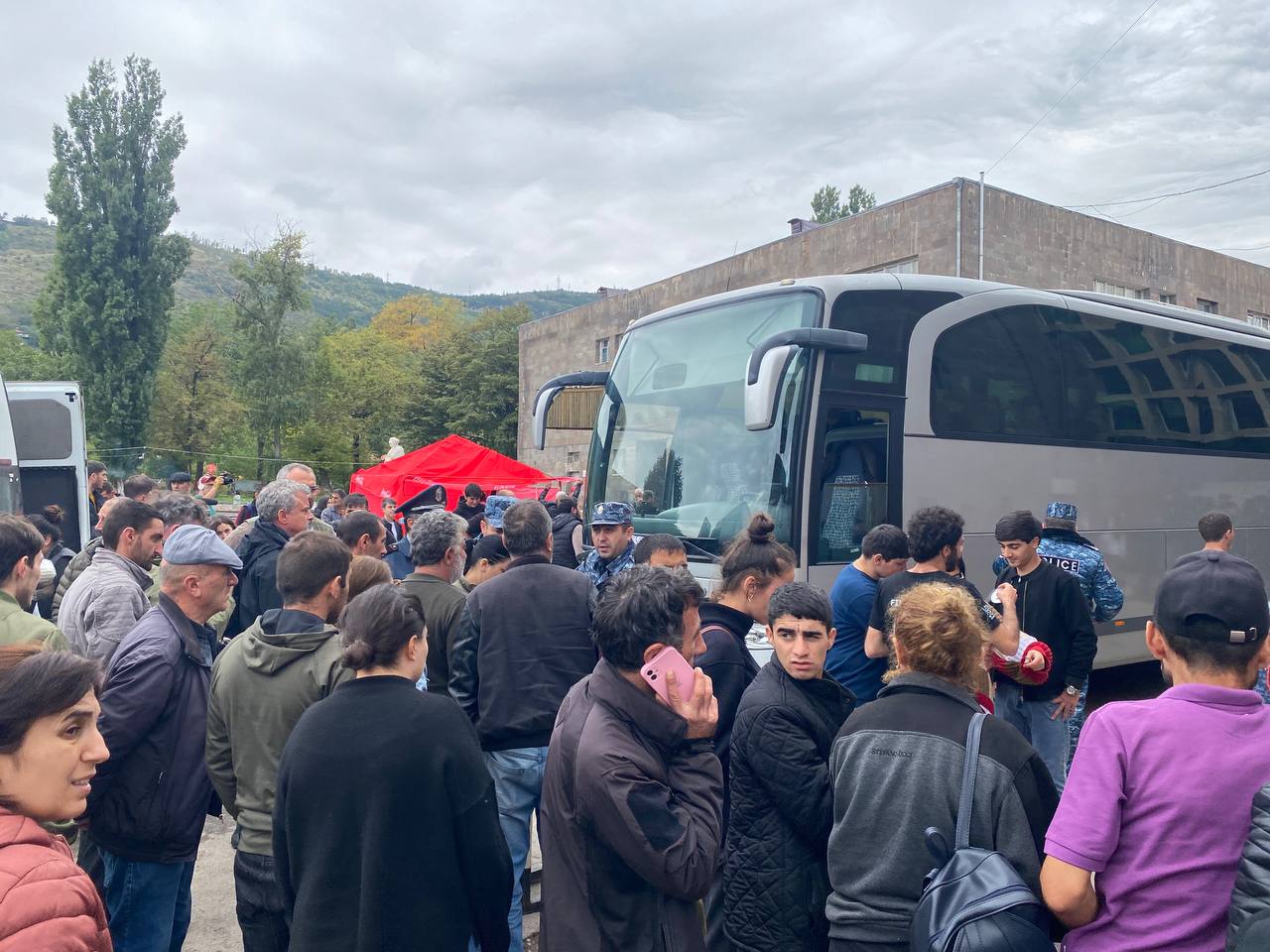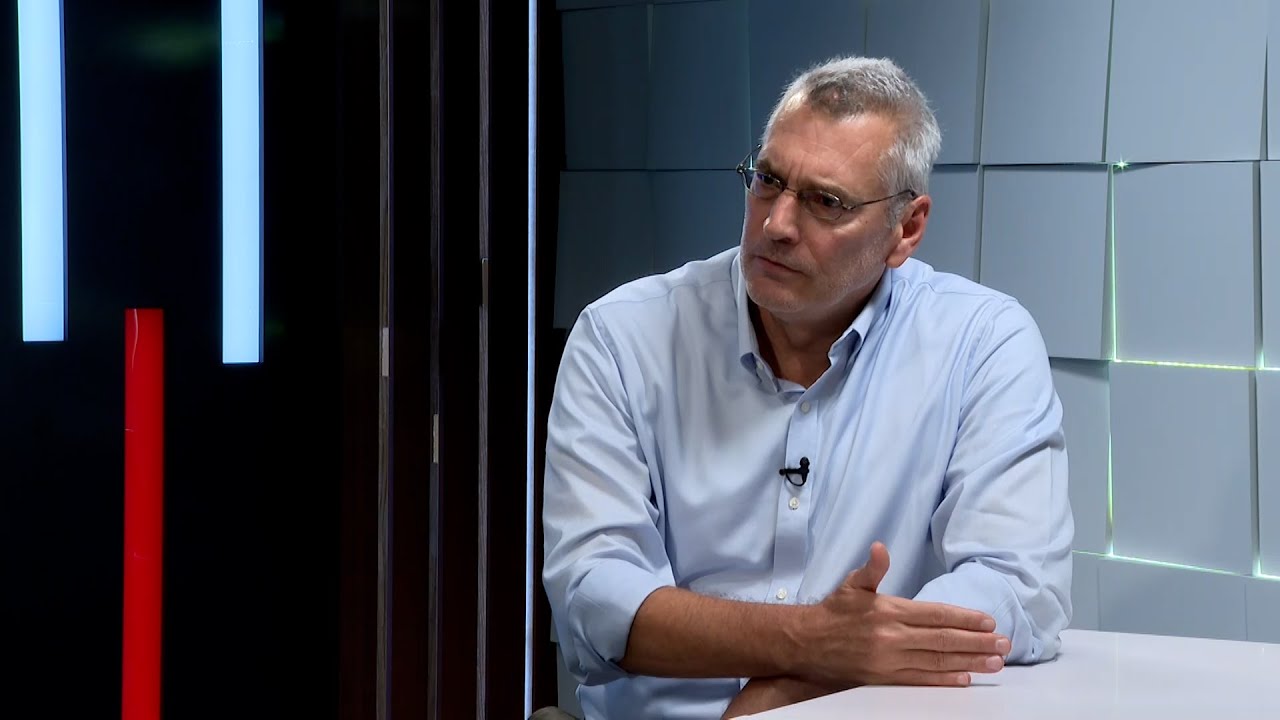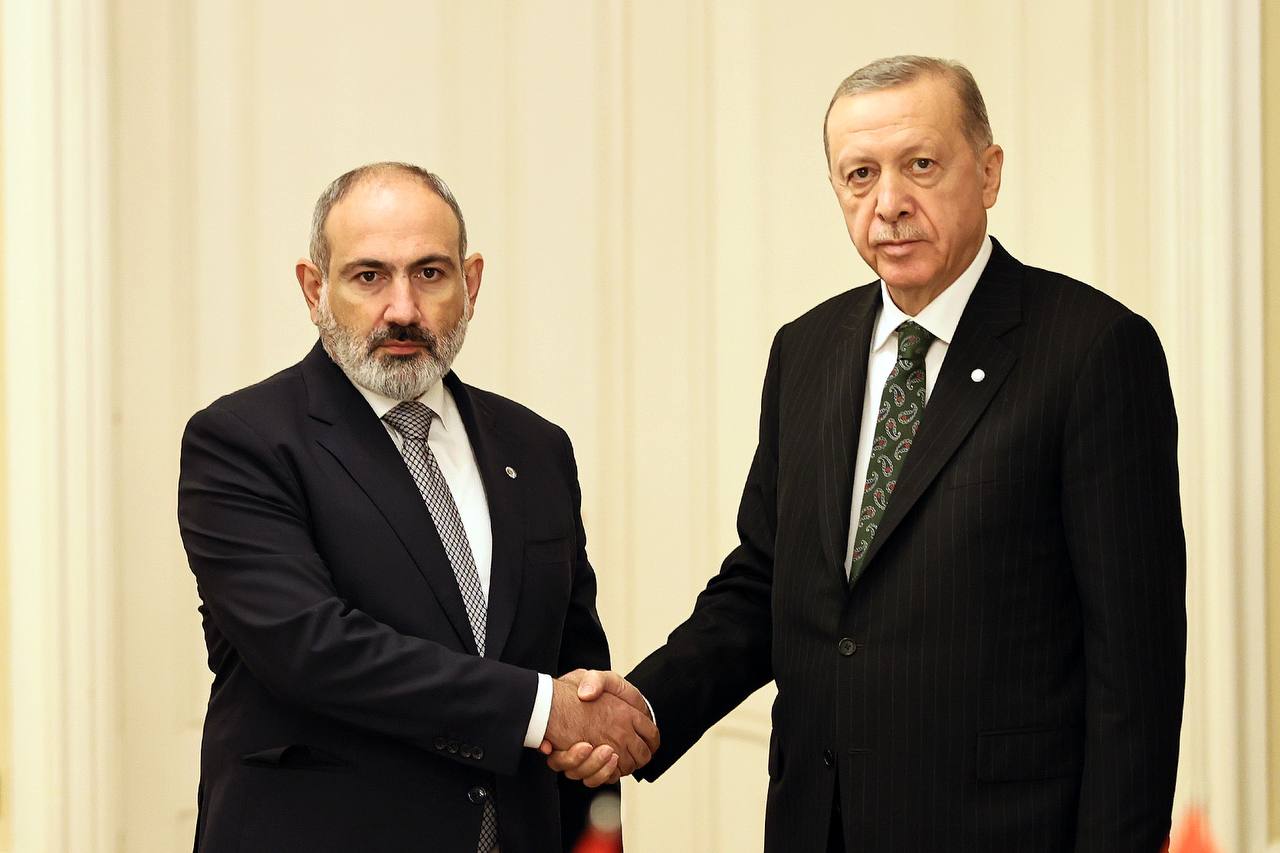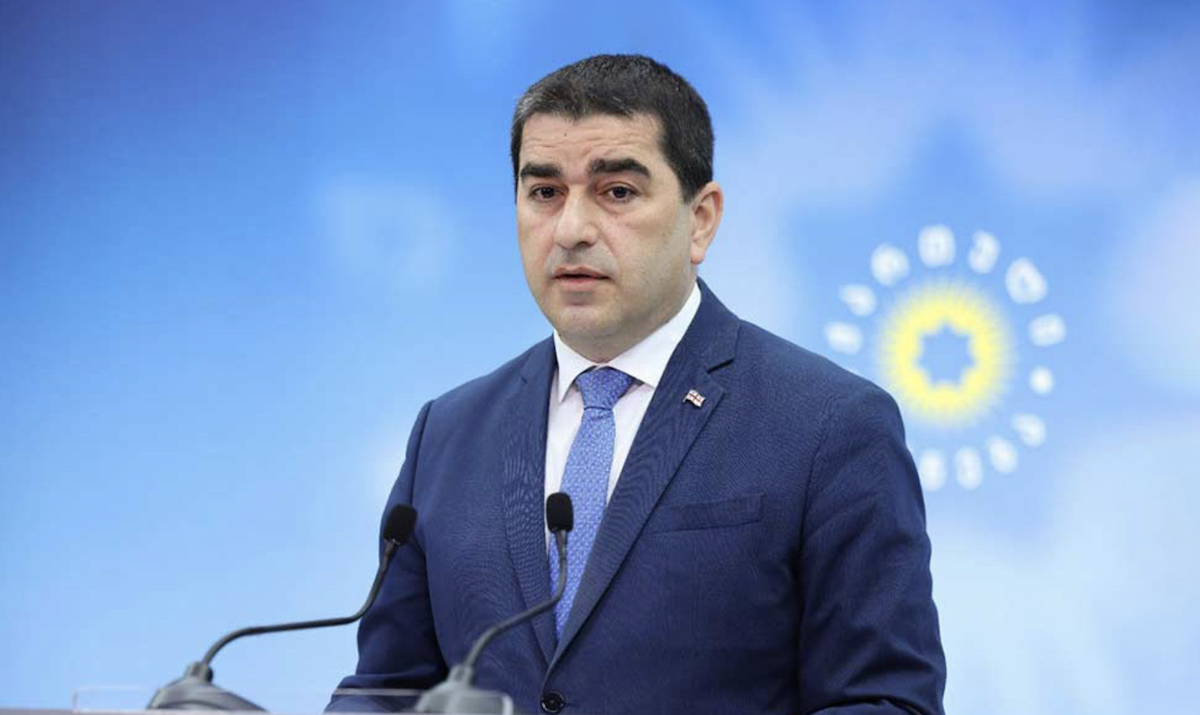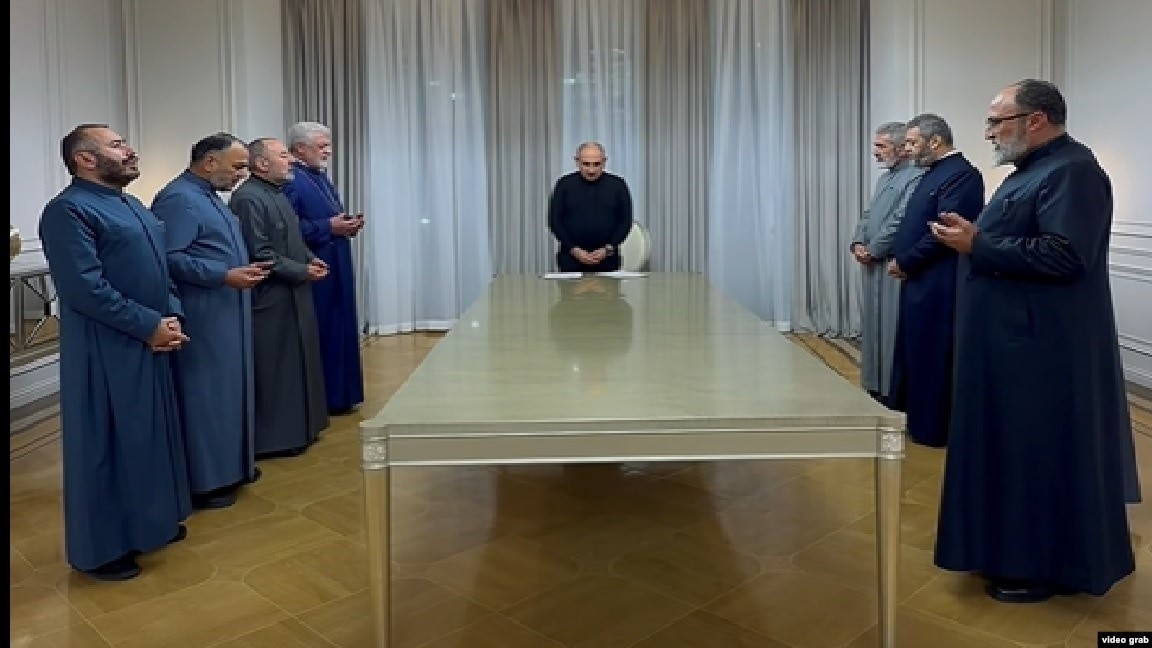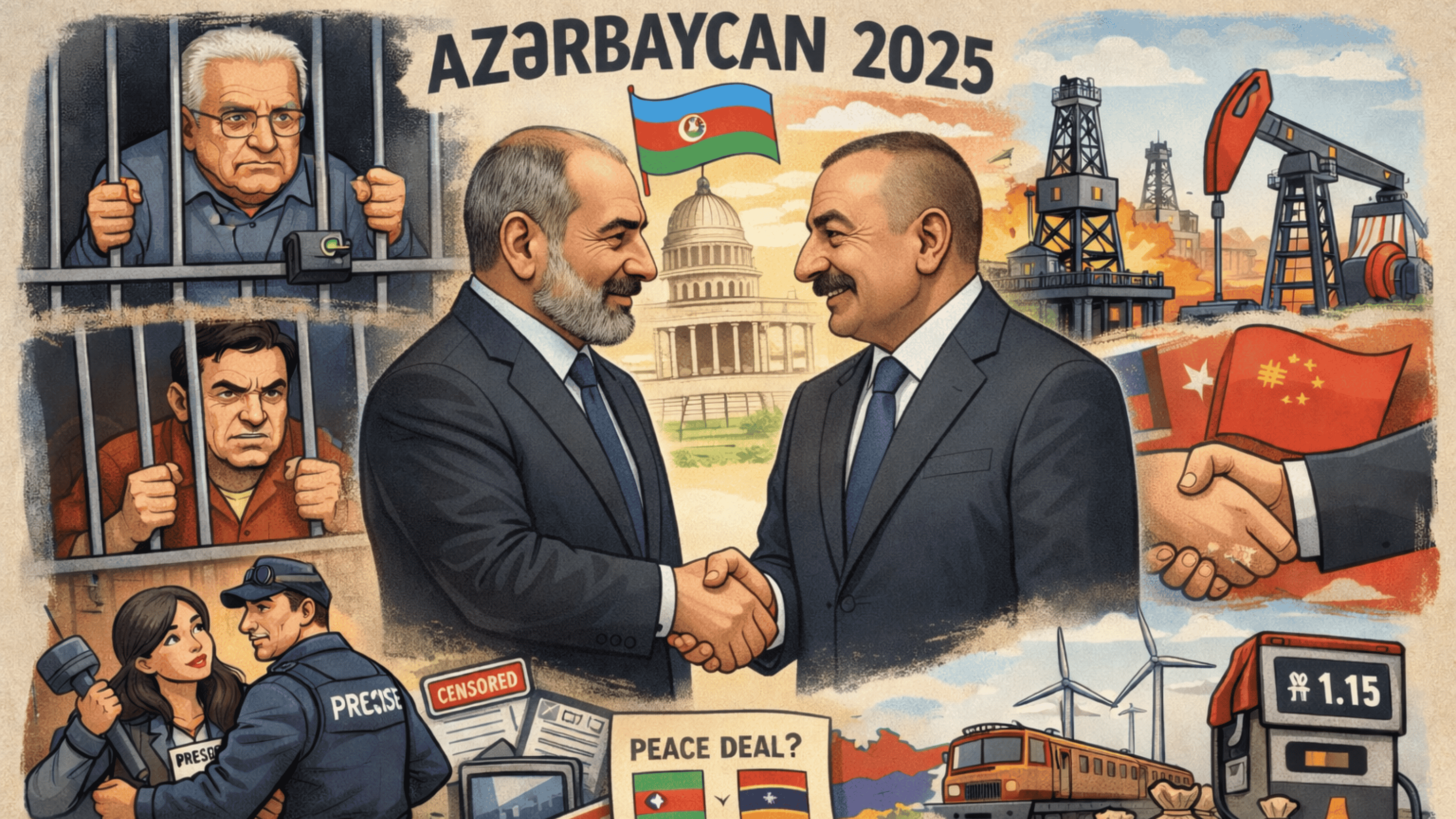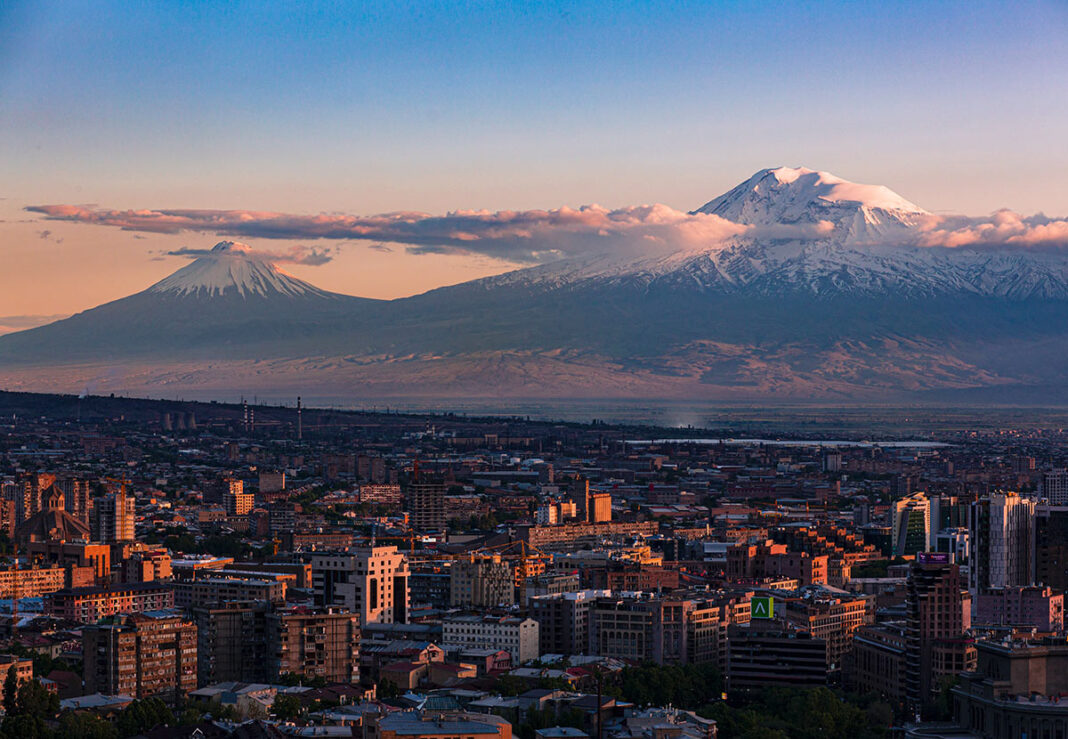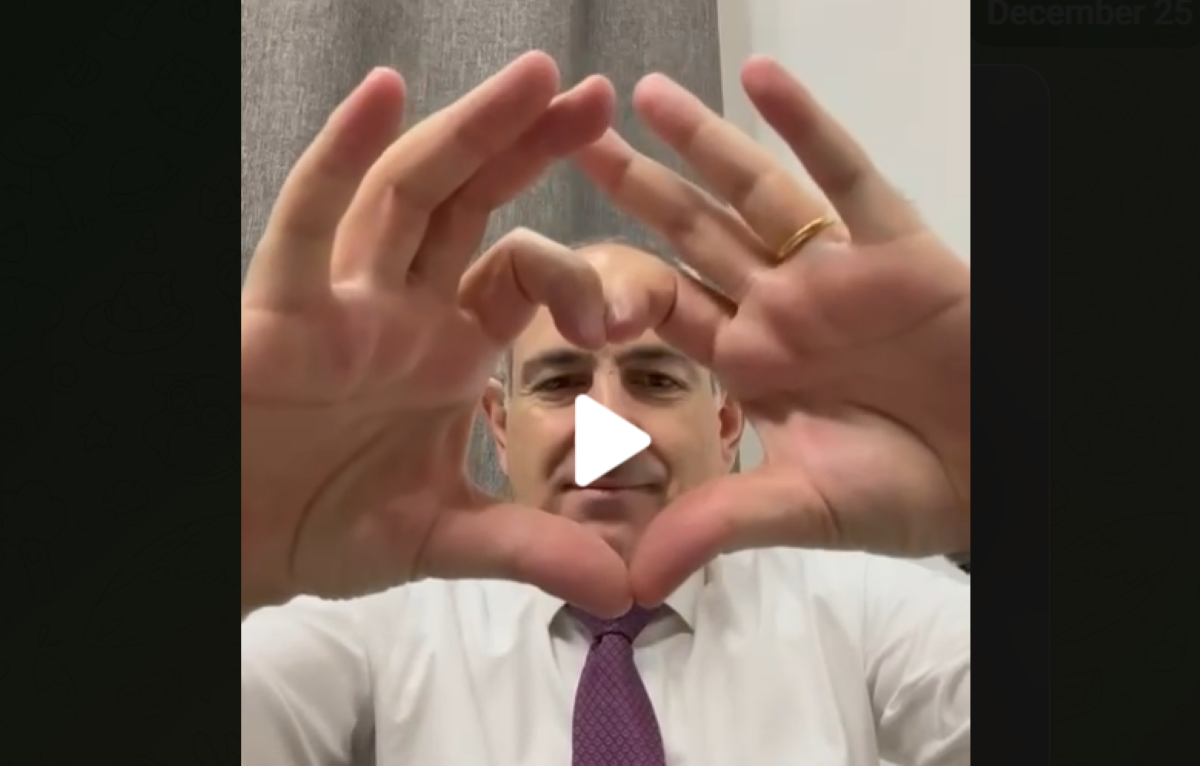"NK issue will become a bargaining subject for Baku with Russia and the West". Opinion
Commentary on the liquidation of NKR
After the signing of the decree on the liquidation of the NKR, a number of Armenian experts raised the question of its legality and legitimacy. In particular, they declared that independence was proclaimed as a result of a referendum, hence, this is how it should have been abolished. There is also an opinion that the decree was signed “under the influence of a direct threat, which has nothing to do with the voluntary expression of the will of the subject of law.”
“The task of Armenia and Artsakh Armenians is to preserve these arguments and also try to restore the balance of power so that the arguments become political factors and allow solving problems,” says political observer Hakob Badalyan.
He emphasizes that the liquidation took place not as a consequence of signing the document, but as a result of force, which was fixed by a “forced decree”. Azerbaijan, according to him, resorted to military action in Nagorno-Karabakh, taking into account the current balance of power and using “at least tacit, and in some cases practical support of all centers of power”.
The expert believes that the Armenian side should keep these and other arguments ready and work them out in detail in order to use these “winning cards” in a convenient situation. In his opinion, they may come in handy in the near future.
Artak Beglaryan, former state minister of the unrecognized NKR, called the decree on the dissolution of the republic “illegal and illegitimate” and “invalid,” pointing to two circumstances:
- “no president has the right to liquidate a republic created by the people through a referendum,
- this decree was signed as a result of severe Azerbaijani aggression and threat to use force”.
Doctor of Law Gevorg Danielyan also stated that “the Republic of Artsakh de jure exists, and the document proclaiming this state is the decision adopted by referendum”. According to him, no official has the authority to cancel it, the decree is “invalid” because it was signed under the influence of a direct threat:
“The existence of the Republic of Artsakh de facto ceased as a result of aggression. I propose the Supreme Court of Artsakh to hold a session outside the Republic and discuss the constitutionality of the signed decree. This is necessary for further legal and political developments”.
Political observer Hakob Badalyan presented to JAMnews his vision of how events in the region may develop further, his assessment of the positions of the world players and their motives, as well as the risks and problems facing Armenia.
Major actors turned a blind eye, Azerbaijan achieved consensus
“Baku would not have launched military action if it had not been convinced that it was acceptable at least at the level of tacit support. Of course, there was also interaction at different levels with Russian peacekeepers, Iran and Western partners.
In fact, blocking the Lachin corridor was in itself a preliminary act of war. And later we saw the completion of this logical chain. First Baku weakened and suffocated Artsakh by blockade, minimizing the possibility of resistance, and then turned to military action.
And this policy of Azerbaijan also received, at least, tacit support of almost all players. Of course, they said that we should immediately unblock it, appealed, etc. But for about ten months we have not seen any significant process that could have the prospect of influencing Aliyev.
Based on their perceptions, interests and problems, all actors turned a blind eye to what was happening, actively or passively supporting Baku. In the end, Azerbaijan got this consensus”.
Forecast of the situation based on the motives of Russia and the West
“We live in very unpredictable times, but we can consider in which case what motives work.
First of all, we need to consider people’s attitudes towards the situation. Naturally, they think about their security. And they see themselves as safe only at a possible distance from Azerbaijan. But along with this factor there are also political motives.
Russia has a certain interest in the presence of at least a minimum number of Armenians on the territory of Nagorno-Karabakh, so that on this basis Russian peacekeepers would be there as well. This is also the basis for future plans and scenarios for Russia.
The West adheres to the opposite position. If all Armenians leave Artsakh, it will neutralize and eliminate the grounds for the Russian Federation to stay there. And if Russia leaves, it will significantly weaken its position in the Caucasus.
These two motives form the basis of the political situation. Naturally, like all other issues, Azerbaijan will make this issue a subject for its bargaining with the West and Russia, seeking to maximize the benefits of the situation and achieve the regime that will be most beneficial to it politically”.
If Azerbaijan goes against the West, there will be sanctions
“And Azerbaijan is not going against the West. On the contrary, we see that it is seeking new agreements with the West. Now the issue of placing a humanitarian mission in Artsakh is being discussed. Aliyev has promised that he will allow it. I think the price of deploying this mission will be that the West will release Aliyev from accusations of ethnic cleansing.
So far, the interests of the West in no way imply a confrontation with Azerbaijan, especially since this would also mean a confrontation with Turkey. Besides, Russia and Iran can take advantage of this. And one of the main tasks of the West is to weaken the influence of Russia and Iran in the region”.
Tensions with Armenia will not ease
“In the region, the influence of NK-related issues is significantly reduced, at least in terms of discussions and arguments. In my assessment, this will noticeably increase political pressure towards Armenia. Issues that are directly related to Armenia will find themselves in a more depressing atmosphere in the medium to long term. These are issues that relate to Armenian-Azerbaijani relations and are part of the content of the peace treaty.
Yerevan stated that a peace agreement with Azerbaijan cannot be signed until the rights and security of the Armenians of NK are ensured. Today this factor, this argument has been considerably weakened. As for other issues, Yerevan by and large has no new or stronger argument.
It seems that this “defusing of the situation” in Artsakh can ease tensions against Armenia, but I think it is the other way around. By and large, at the heart of it all is the problem of the Caucasus. And since the motives and strategic goals of the main actors have not changed, this means that Armenia’s argumentation is weakening, while the opposite side not only does not lose ground, but also gains.
The statements of Turkey and Azerbaijan also show that the demands on Armenia have not changed, but the ratio of arguments has changed – and not in our favor.
Turkey has not given up on the “Zangezur corridor”
“Turkey will never declare that it intends to get a road through Armenia by force, but that doesn’t mean it will refuse to do so. Turkey’s goal is to have a direct link to Azerbaijan, which will be least controlled by a third country or not at all.
By doing so, Turkey will not only strengthen its position in the Caucasus, but will also intensify its actions towards Central Asia. And Turkey’s mission related to Central Asia is largely in line with the Western strategy of weakening the positions of Russia and Iran, as well as blocking the positions of China.
This strategic goal has practically acquired a pivotal importance for modern Turkish statehood. It is this circumstance that gives essential importance to the subjectivity of Turkish statehood today. To think that Turkey will abandon this goal is a great delusion.
And how, by what mechanism, tools and way it will achieve it will depend significantly on the international situation and relations with other players, including Iran, Russia and the West.
Recently, Turkish President Erdogan said that if Armenia prevents the opening of the “Zangezur corridor”, it may pass through Iran.
Erdogan may have hinted to his Western partners that he can also quietly negotiate with Iran if he does not get their support for the roads he needs.
Follow us – Twitter | Facebook | Instagram
Commentary on the liquidation of NKR










